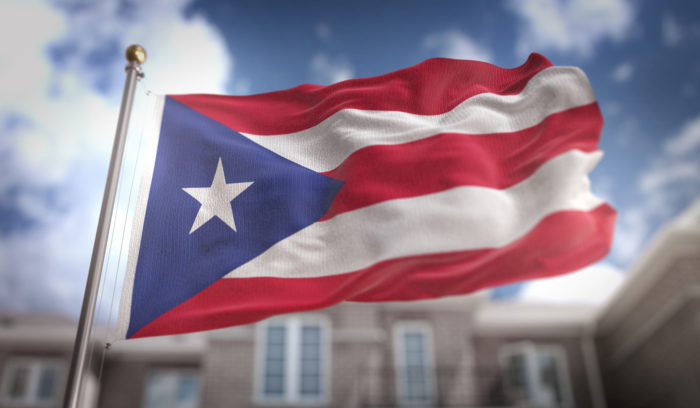While some hepatitis C patients stateside are rejoicing at newly-relaxed barriers to curative treatment, those covered by Medicaid in Puerto Rico must watch and wait.

In recent years, direct-acting antivirals have made it possible to cure hepatitis C. Left untreated, the viral infection can cause serious liver damage, even cancer and death. Direct-acting antivirals’ initial expense led many state Medicaid programs to limit access to only the sickest patients. But as prices have come down, so have some access hurdles – in the continental United States. States like Illinois, Oregon and New York have taken bold steps to limit treatment hurdles.
But this progressive approach hasn’t made its way to Puerto Rico.
The territory’s Medicaid program doesn’t currently provide any coverage for hepatitis C cures. A short-lived pilot program to treat those with both hepatitis C and HIV was shuttered after the wait list reached 100 patients. Meanwhile, the most recent numbers suggest that 2.3 percent of Puerto Ricans aged 21-64 have hepatitis C.
Treating the disease before it progresses is an investment that benefits both affected patients and public health. And direct-acting antivirals’ price has declined more than 70 percent since the cure became available.
So why can’t patients in Puerto Rico access treatment? It’s complicated.
The federal government pays 55 percent of Puerto Rico’s Medicaid costs up to a certain amount; the territory pays everything above. This arrangement has contributed significantly to the territory’s $70 billion debt. And despite its financial crisis, leaders must cut $840.2 million annually from its Medicaid program by 2023. This is quite a test as the island continues its recovery from devastating hurricanes Irma and Maria.
Simply-stated, Puerto Rico is cash strapped.
Despite these challenges, efforts to provide Puerto Ricans with the hepatitis C cure they need continue. José Vargas Vidot, a member of Puerto Rico’s Senate and a physician, drafted legislation last year that would require insurers, including Medicaid, to provide hepatitis C treatment as part of basic coverage.
The Puerto Rico Health Administration, which oversees Medicaid, is hoping a partnership can make direct-acting antivirals more affordable. The organization’s director is talking with “a pharmaceutical company to create a cost-effective system,” according to Kaiser Health News.
In the meantime, more stateside patients covered by Medicaid are being cured every day. Those in Puerto Rico look for their opportunity to come soon.

